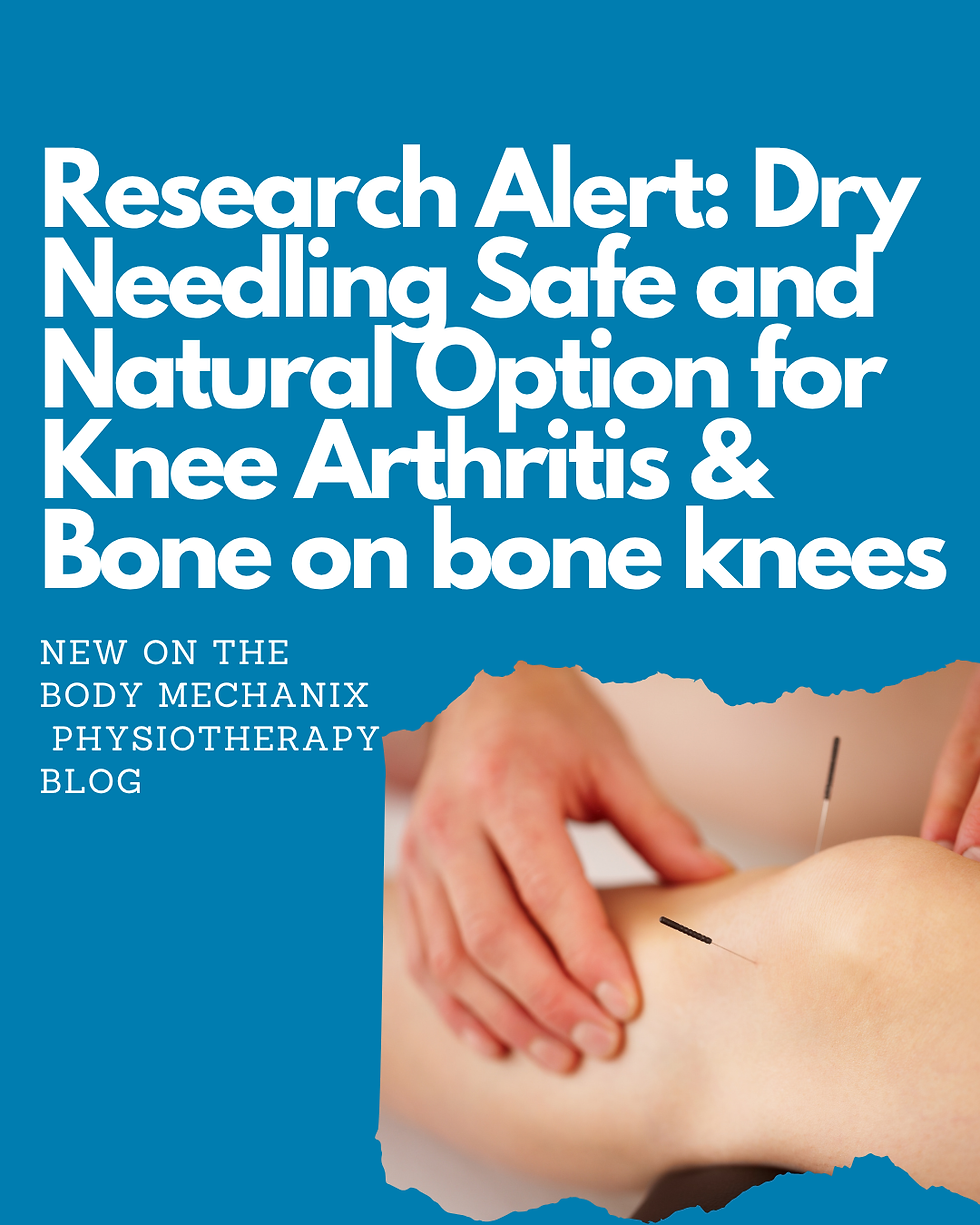Training Tuesdays-Top 3 Run Faults
- Dr. Brandon
- Sep 2, 2020
- 2 min read
This Tuesday, we're talking about the top 3 running faults that often lead to pain and injury and often lead to time off at the gym or with running and can even lead to stopping running altogether.
These are often caused by weakness or loss of mobility at the hips and it can lead to several conditions. The most well known is Runner's Knee. Runner's Knee also goes by a couple of other names such as Jumper's Knee and Patellofemoral Pain Syndrome or PFPS for short.
These 3 Faults all have technical names but for our purposes, we'll call them the scissor, the whip, and the stomp.
The Scissor
In the video above, you'll see the feet crossing over in a scissoring motion. This is typically due to either a training problem(i.e. you've never been taught differently on how to run) or a hip weakness issue that results in a lack of stability. This causes the body to want to bring the leg more in line with the body somewhat to stabilize your running. Unfortunately it causes excessive motion at the foot and can lead to plantar fasciitis, runners knee, and IT band syndrome due to the excess load placed on those areas.
The Whip
The Whip has hip weakness in common with the scissor and instead of the legs crossing in front, you get more of a recoil as you push off which whips the foot out to the side. Unfortunately, the knee collapsing inward is usually the cause of this recoil and can make for kneecap pain along with pain at an area called the Pes Anserine.
The Stomp
While the scissor and the whip are usually hip stability issues, the stomp is mainly a hip mobility issue along with some poor mechanics along the way. With the stomp, what you see in the video is that the runner is hitting with a flat foot and has a forward lean of the body which drives all the weight straight down causing a larger force on impact which can lead to foot pain, knee, hip, and low back pain as well as plantar fasciitis. In this, the runner usually lacks both hip flexor strength(usually from having an office job that causes them to sit all the time) as well as a loss of hip extension, also because of sitting all the time and having the hips locked into not being able to extend.







Comments